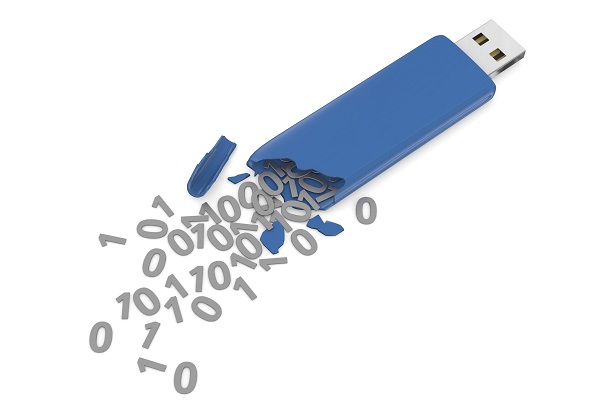USB malware to render devices 'untrustable'
BadUSB project will show how undetectable malware can be injected into firmware of USB controllers

Security researchers plan to show how USB devices can be reprogrammed with untraceable malware at the latest BlackHat Security conference in Las Vegas next week.
The project, dubbed BadUSB', was the brain child of security researchers at SR Labs, Karsten Nohl and Jakob Lell. They developed the malware after reverse engineering firmware used to control the movement of data in USB sticks.
BadUSB malware works by reprogramming a USB device, not just storing the malware within the memory. It can be set up to emulate a keyboard, steal data, spoof network cards and even install viruses prior to booting.
Worryingly, the researchers claim their malware is not restricted to memory sticks. It could be modified to infiltrate any USB-connected device. A popular target could include smartphones, which are regularly connected to PCs for data transfer and charging purposes.
The researchers claim there is no way to detect their malicious BadUSB code because it is buried within the firmware. Security software will not pick up malware as they don't scan the firmware when looking for malicious code.
"To make matters worse, cleanup after an incident is hard: Simply reinstalling the operating system the standard response to otherwise ineradicable malware does not address BadUSB infections at their root," it was noted in an SR Labs blog post.
"Once infected, computers and their USB peripherals can never be trusted again."
Sign up today and you will receive a free copy of our Future Focus 2025 report - the leading guidance on AI, cybersecurity and other IT challenges as per 700+ senior executives
-
 I couldn’t escape the iPhone 17 Pro this year – and it’s about time we redefined business phones
I couldn’t escape the iPhone 17 Pro this year – and it’s about time we redefined business phonesOpinion ITPro is back on smartphone reviews, as they grow more and more intertwined with our work-life balance
-
 When everything connects, everything’s at risk
When everything connects, everything’s at riskIndustry Insights Growing IoT complexity demands dynamic, automated security for visibility, compliance, and resilience